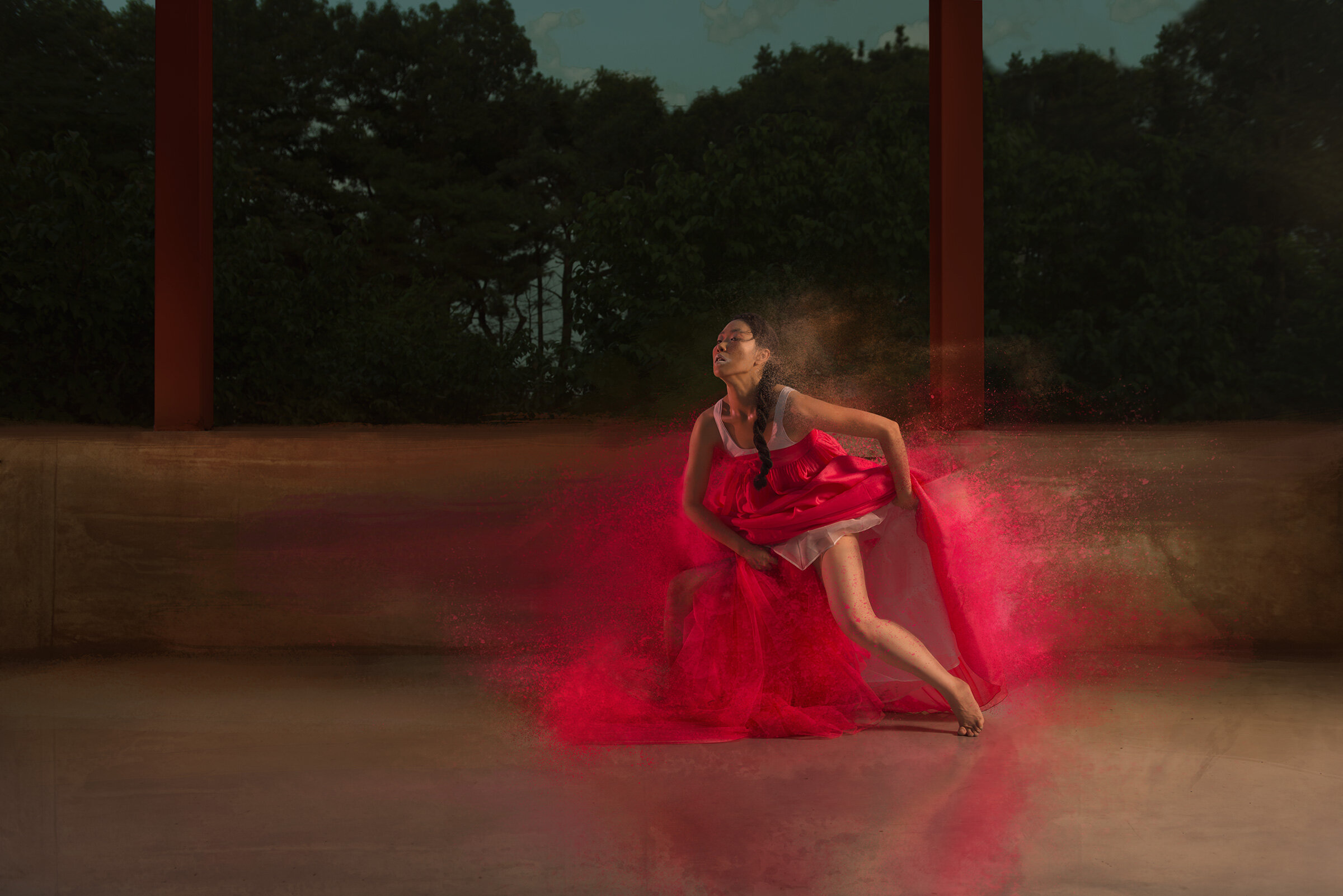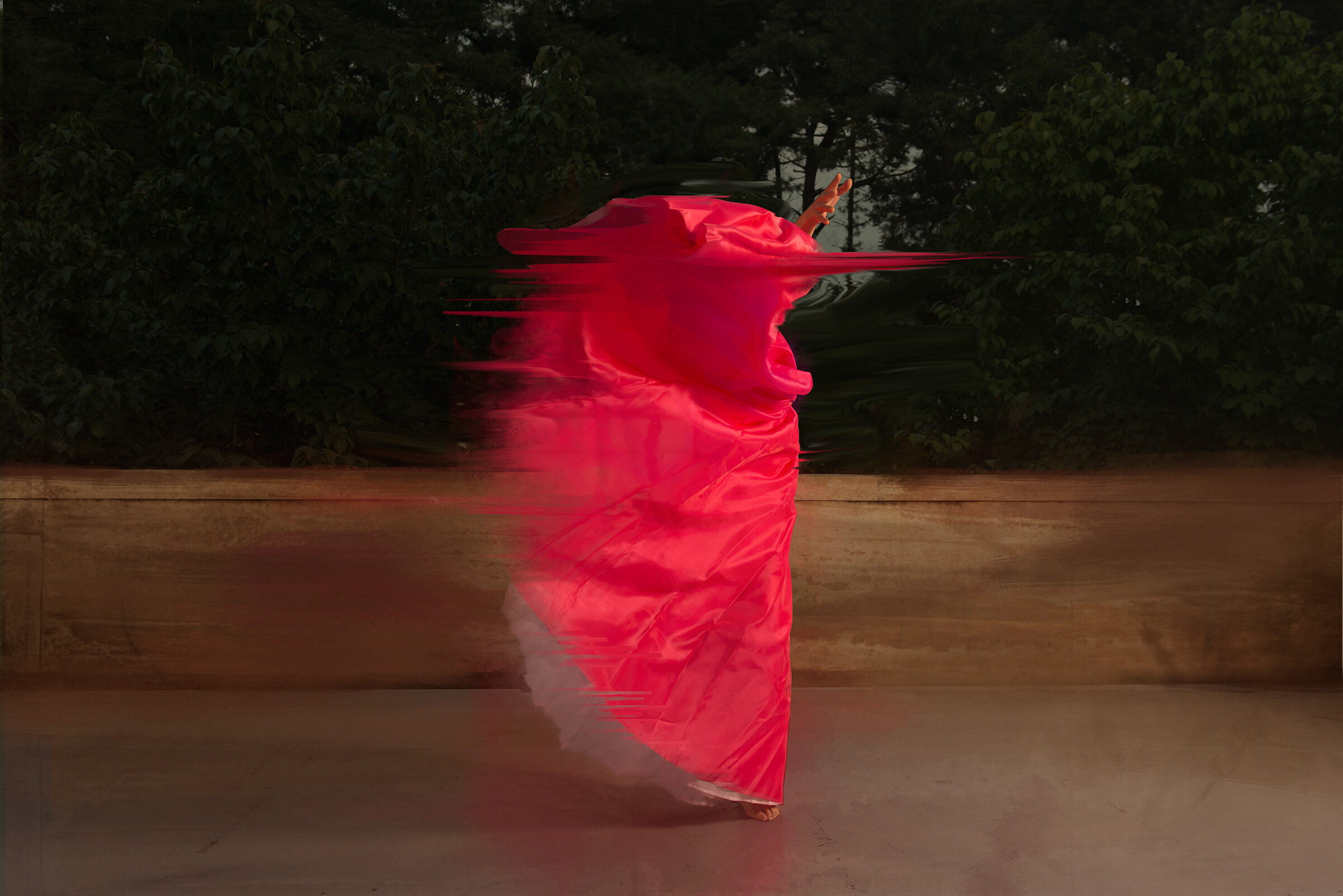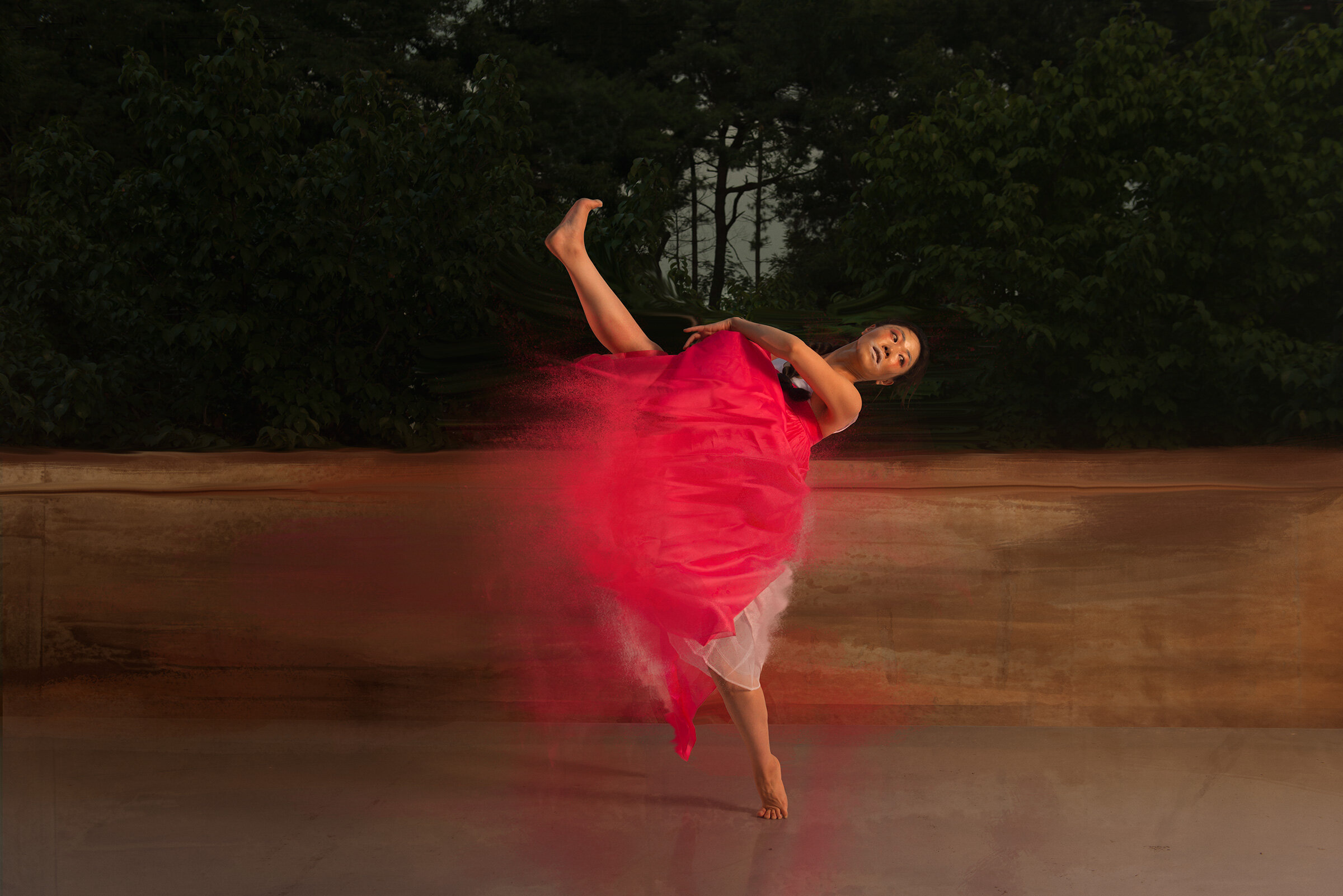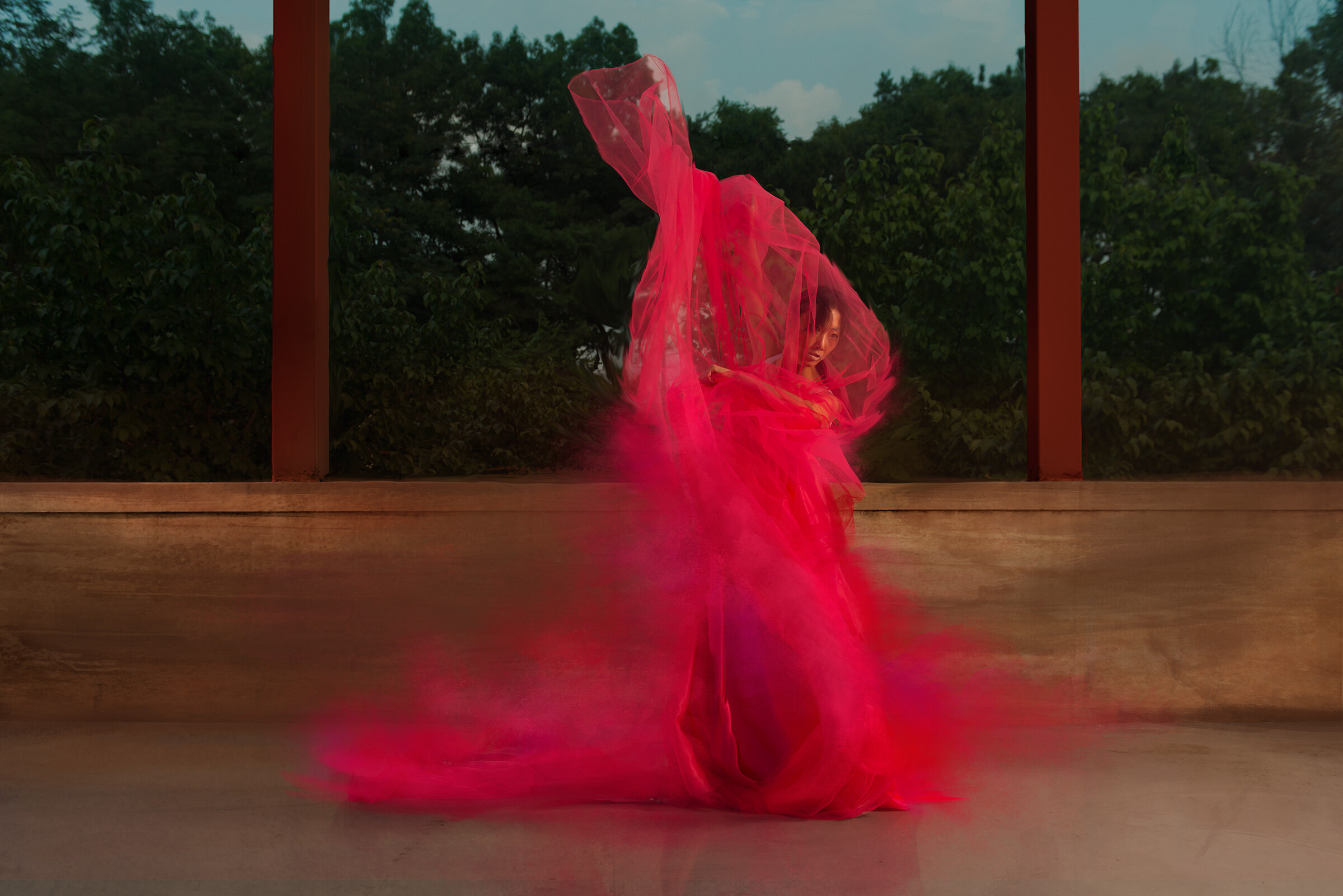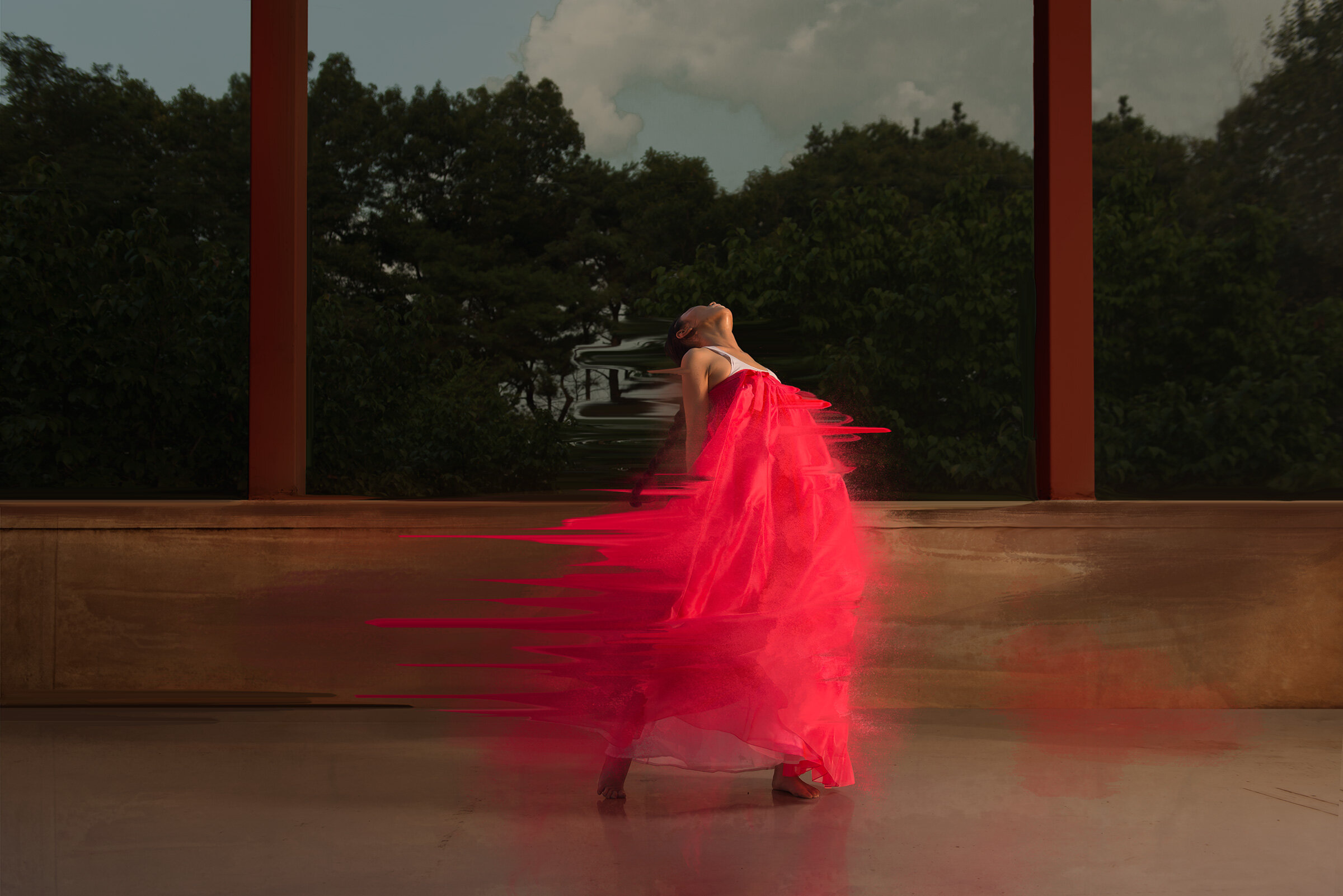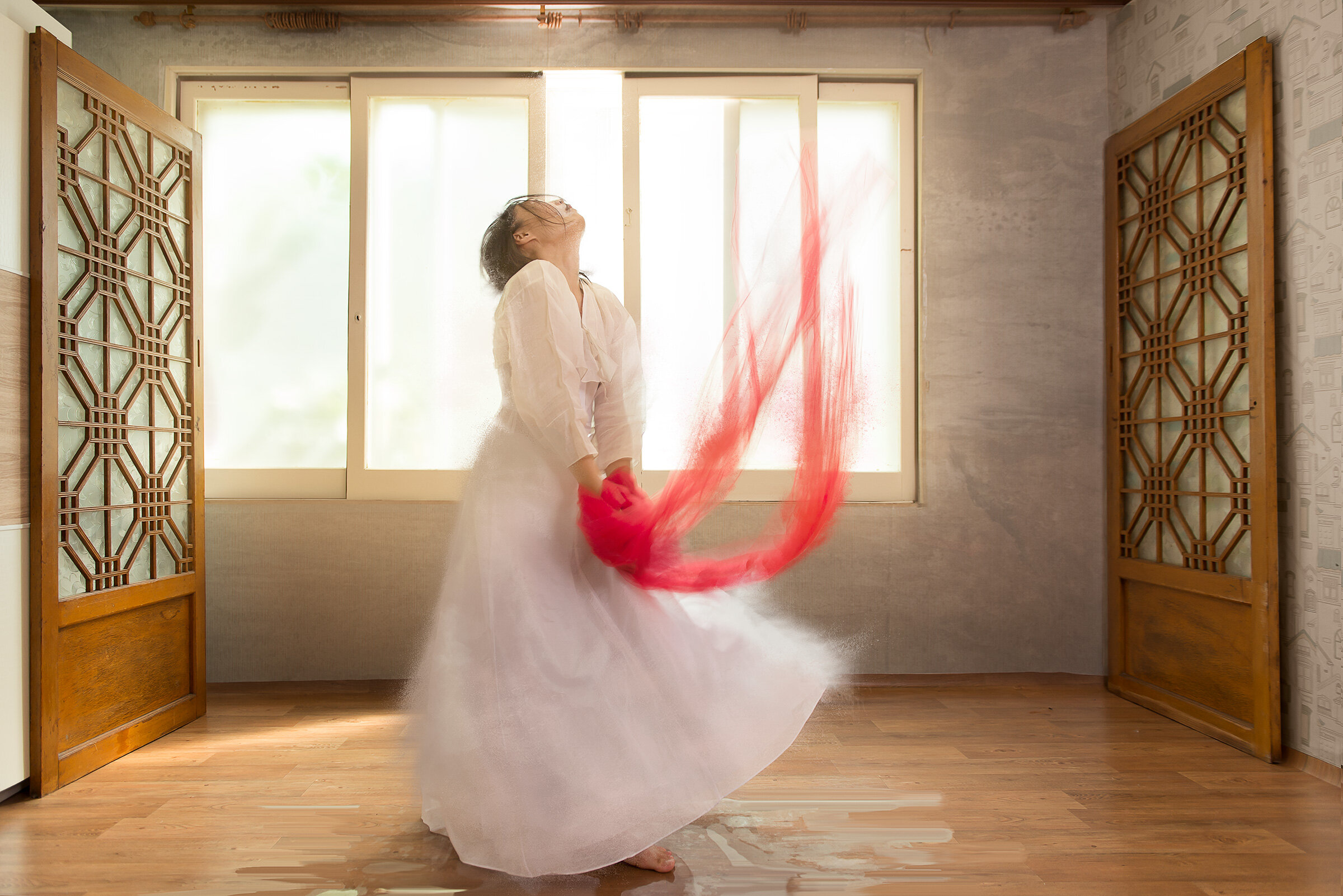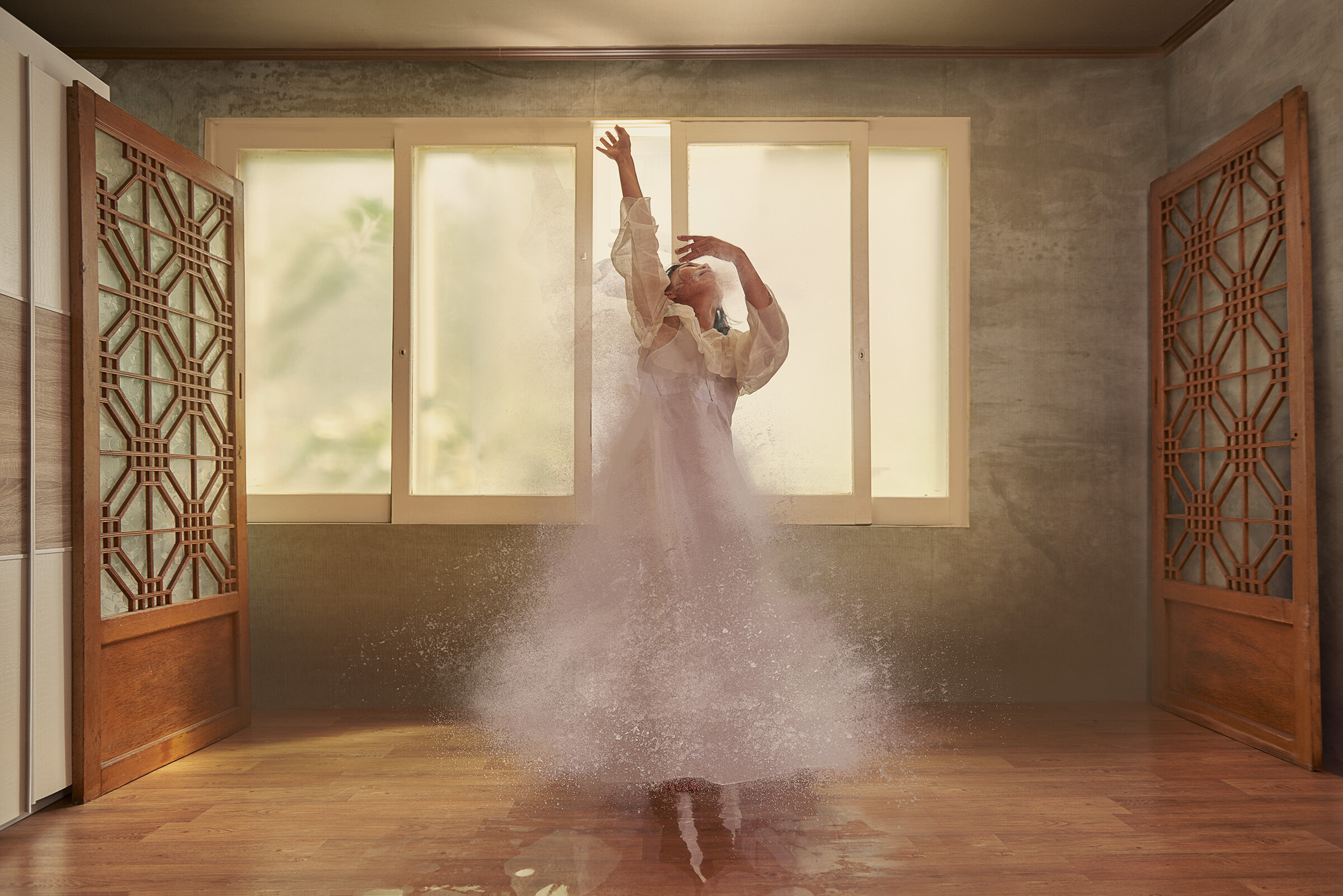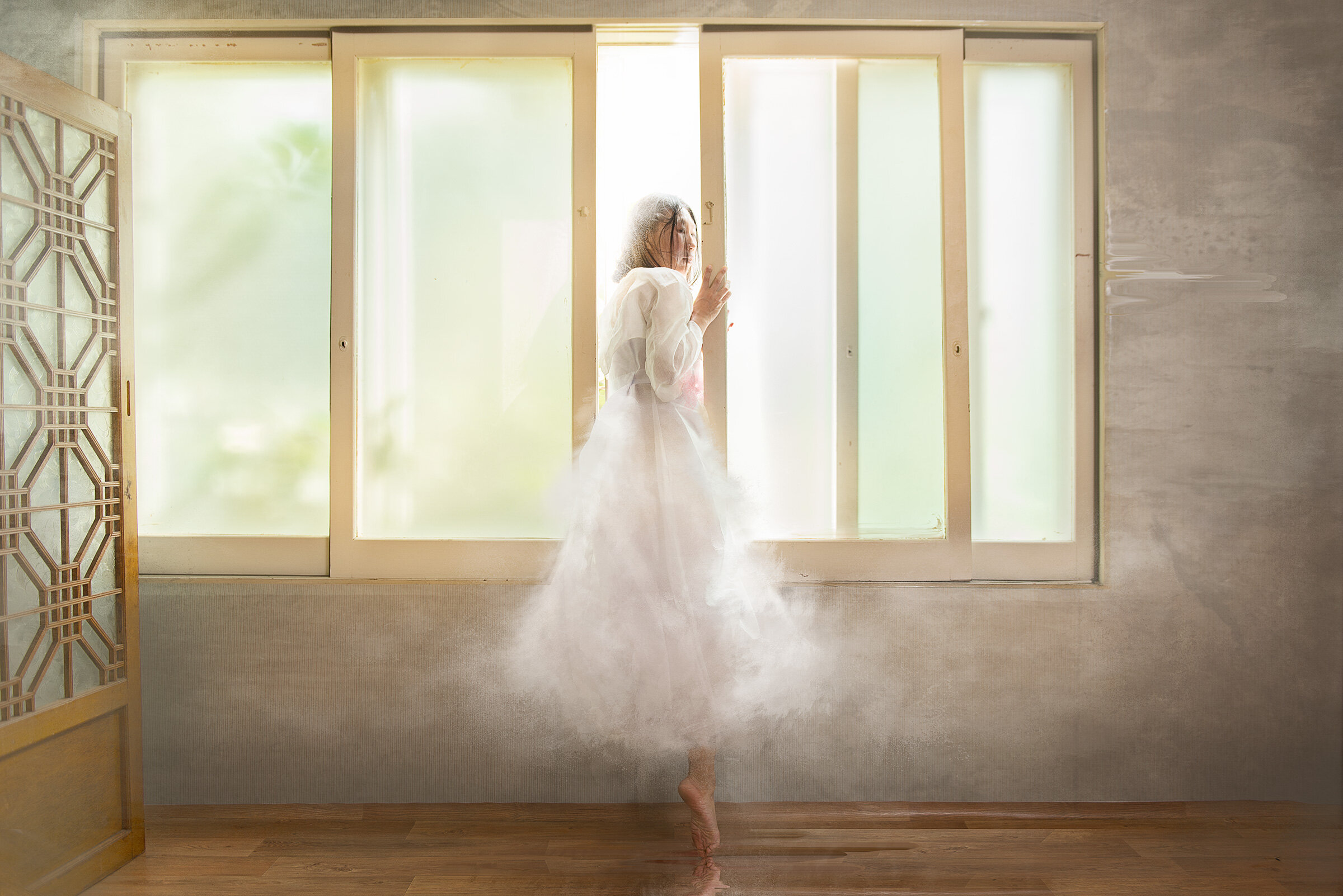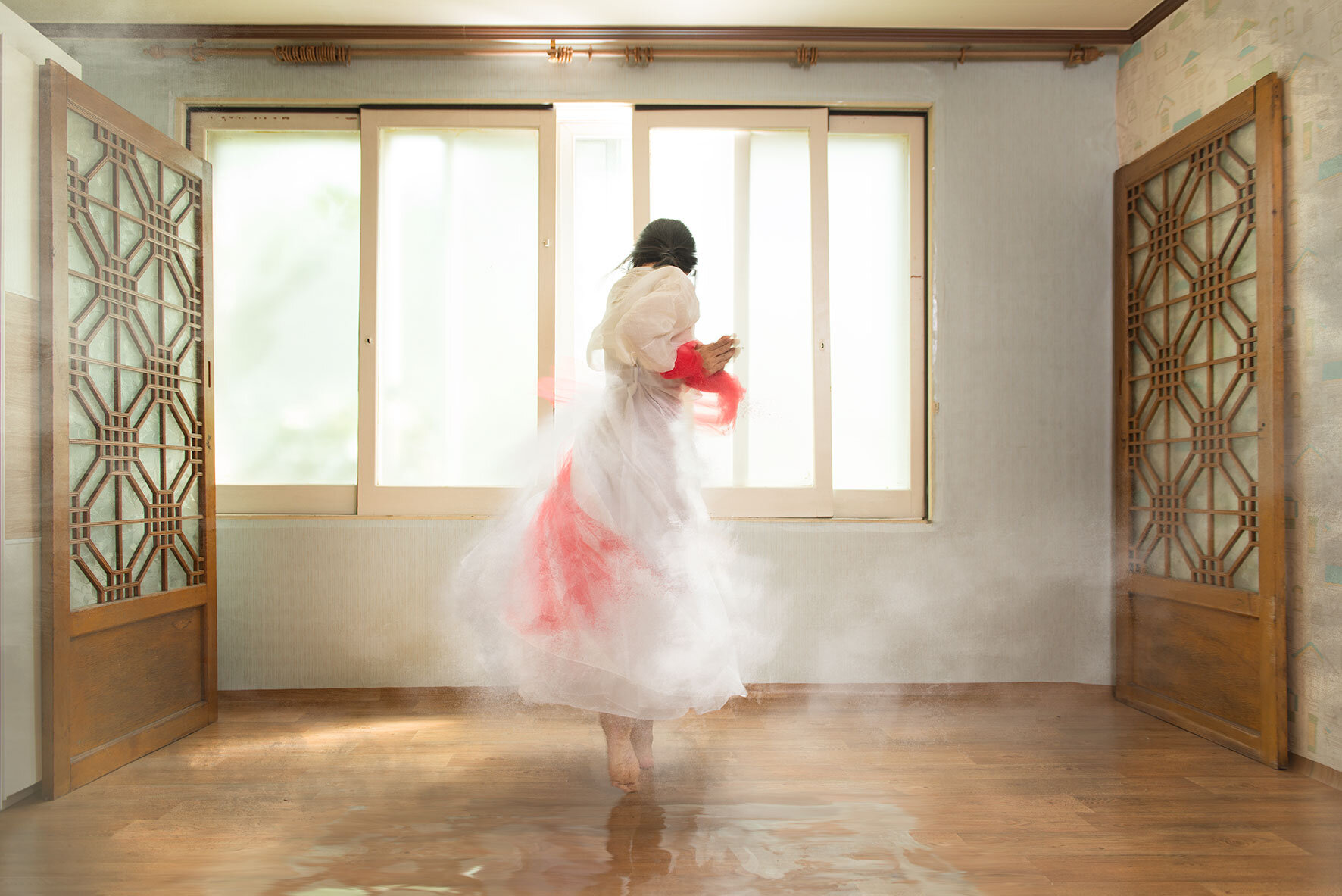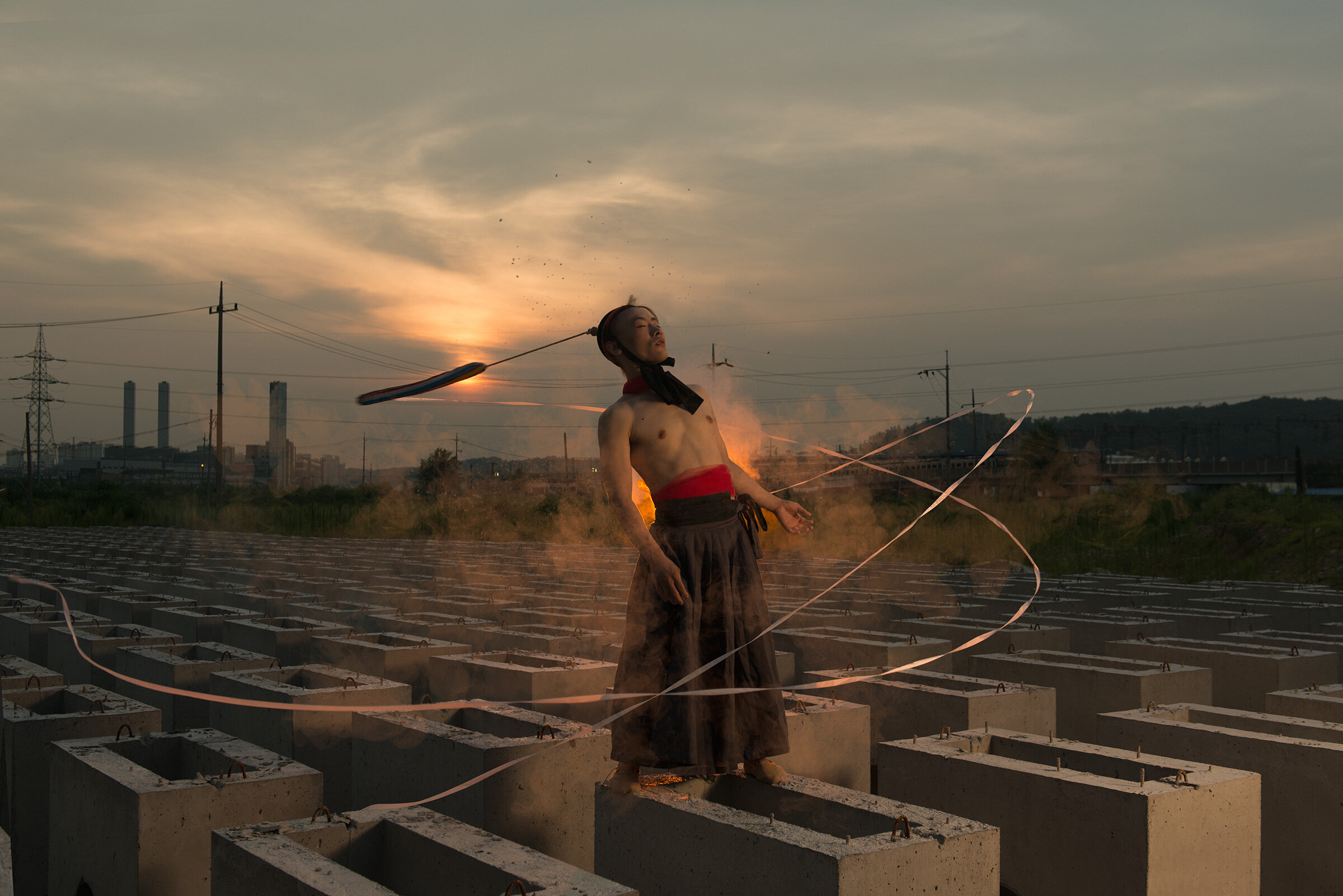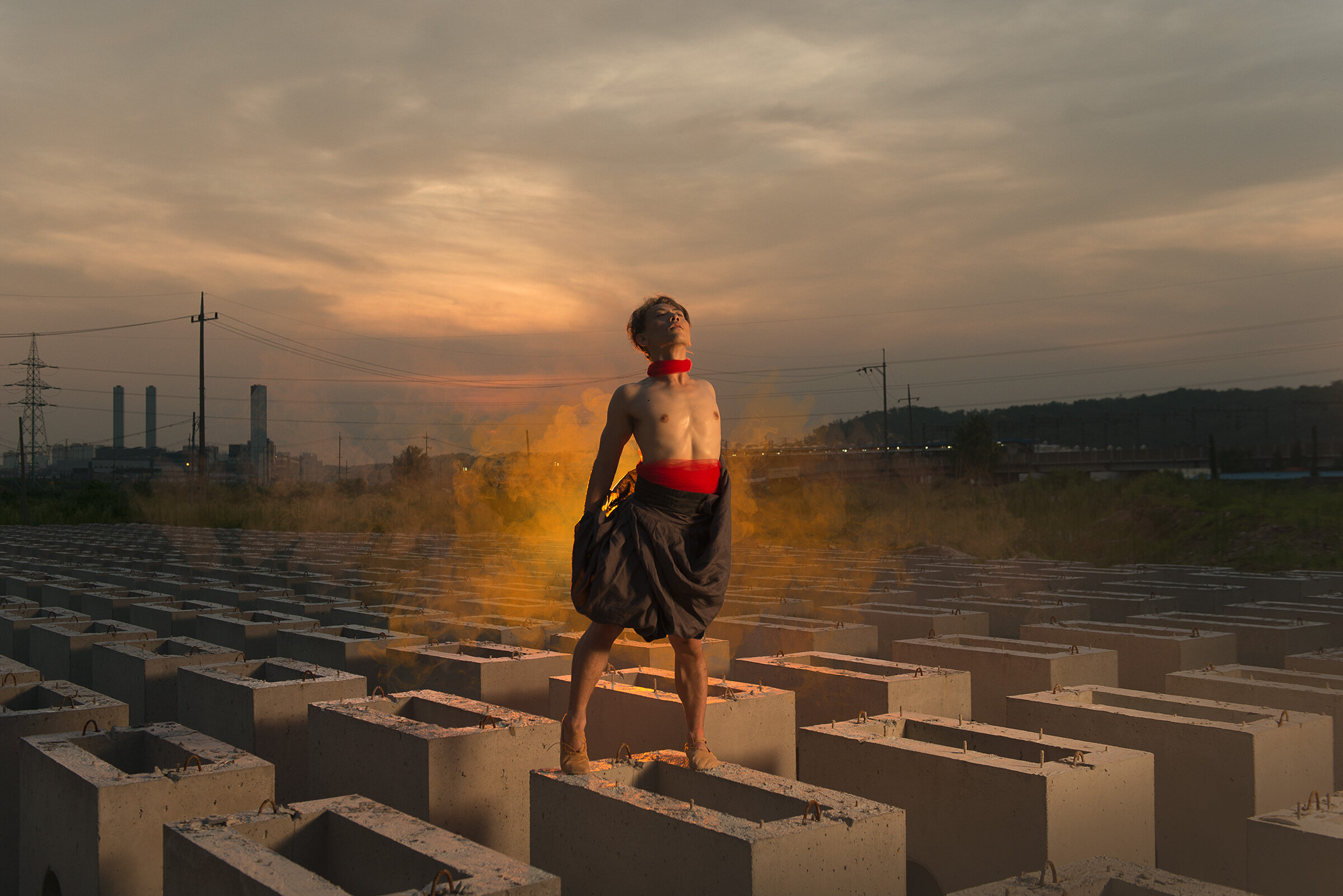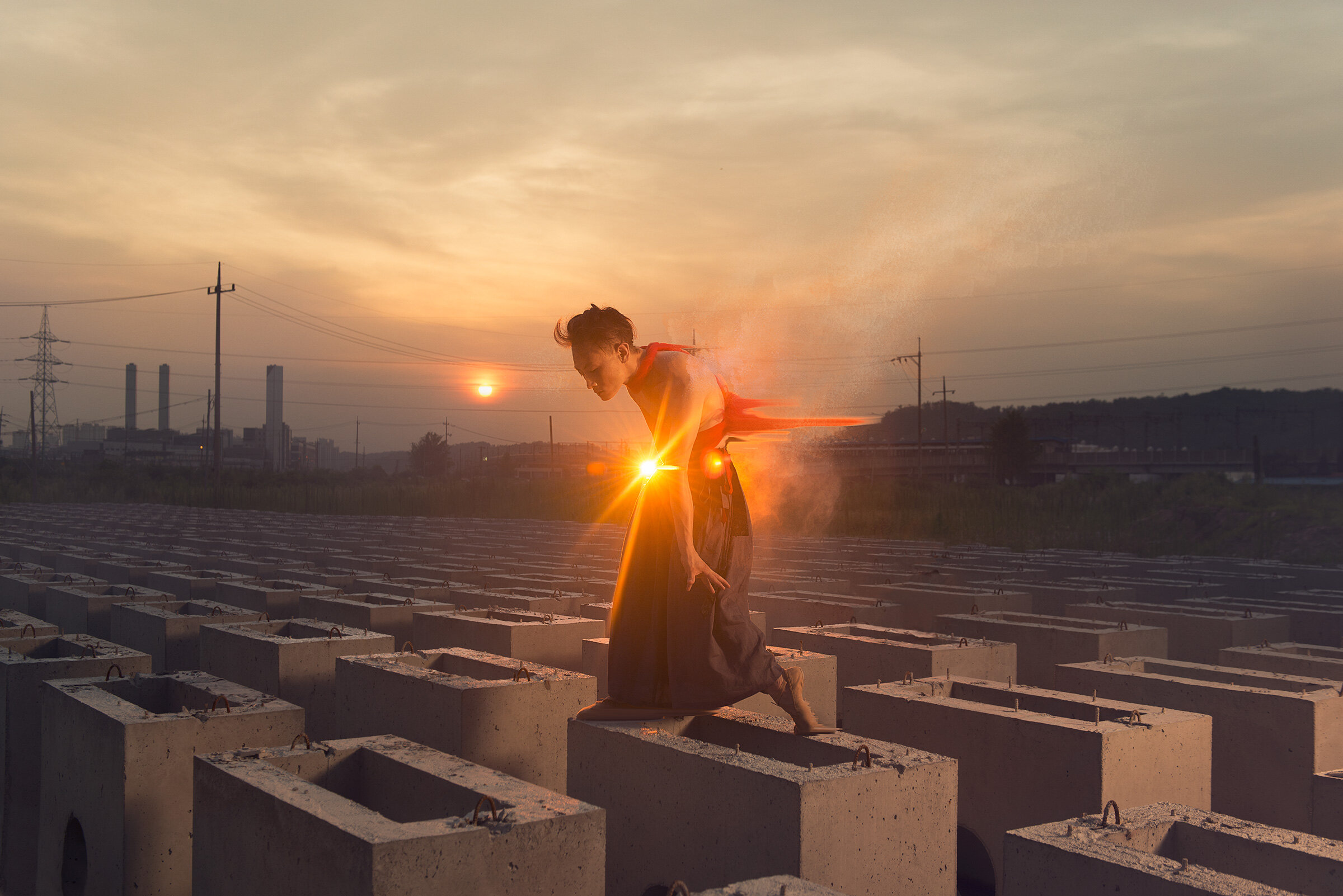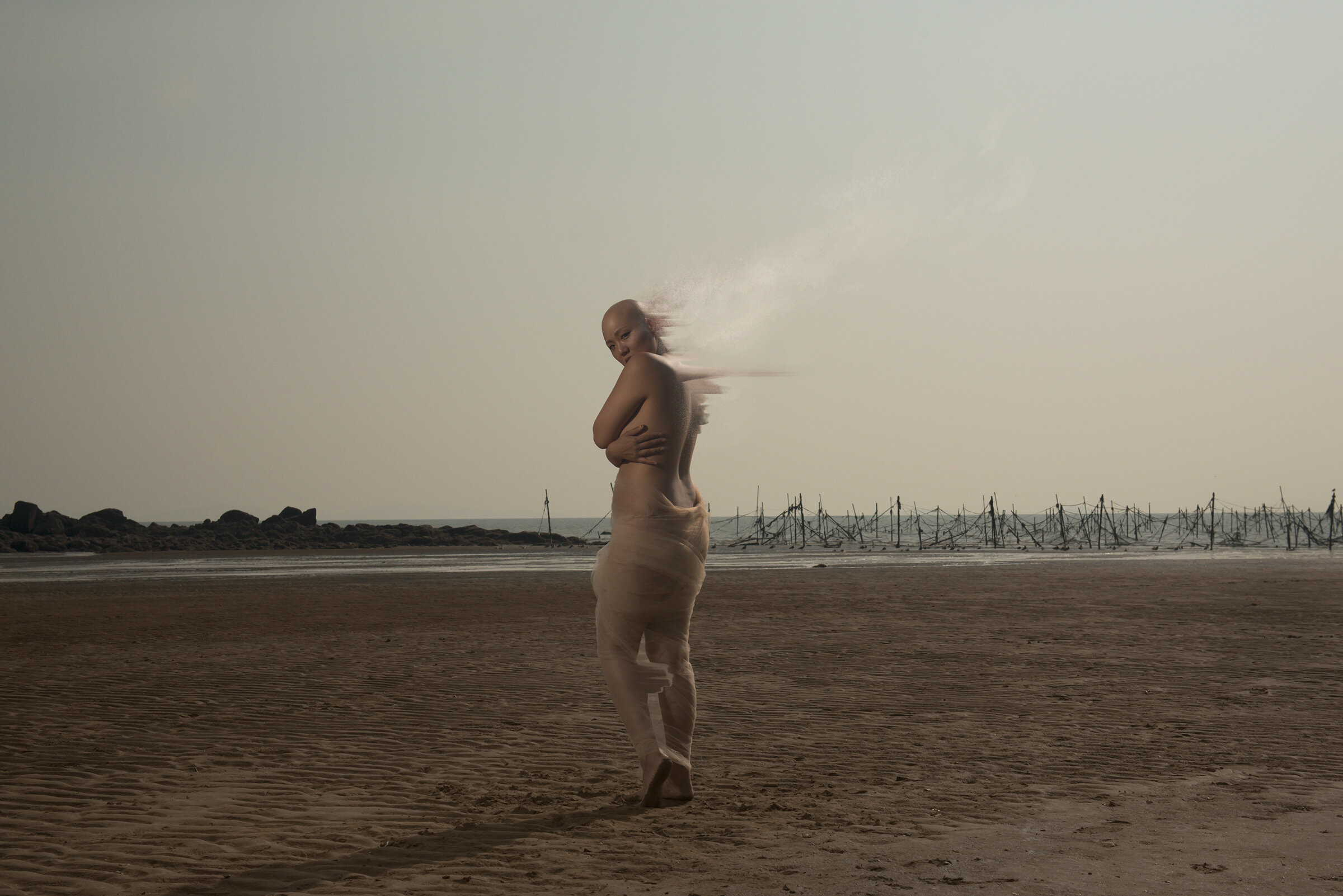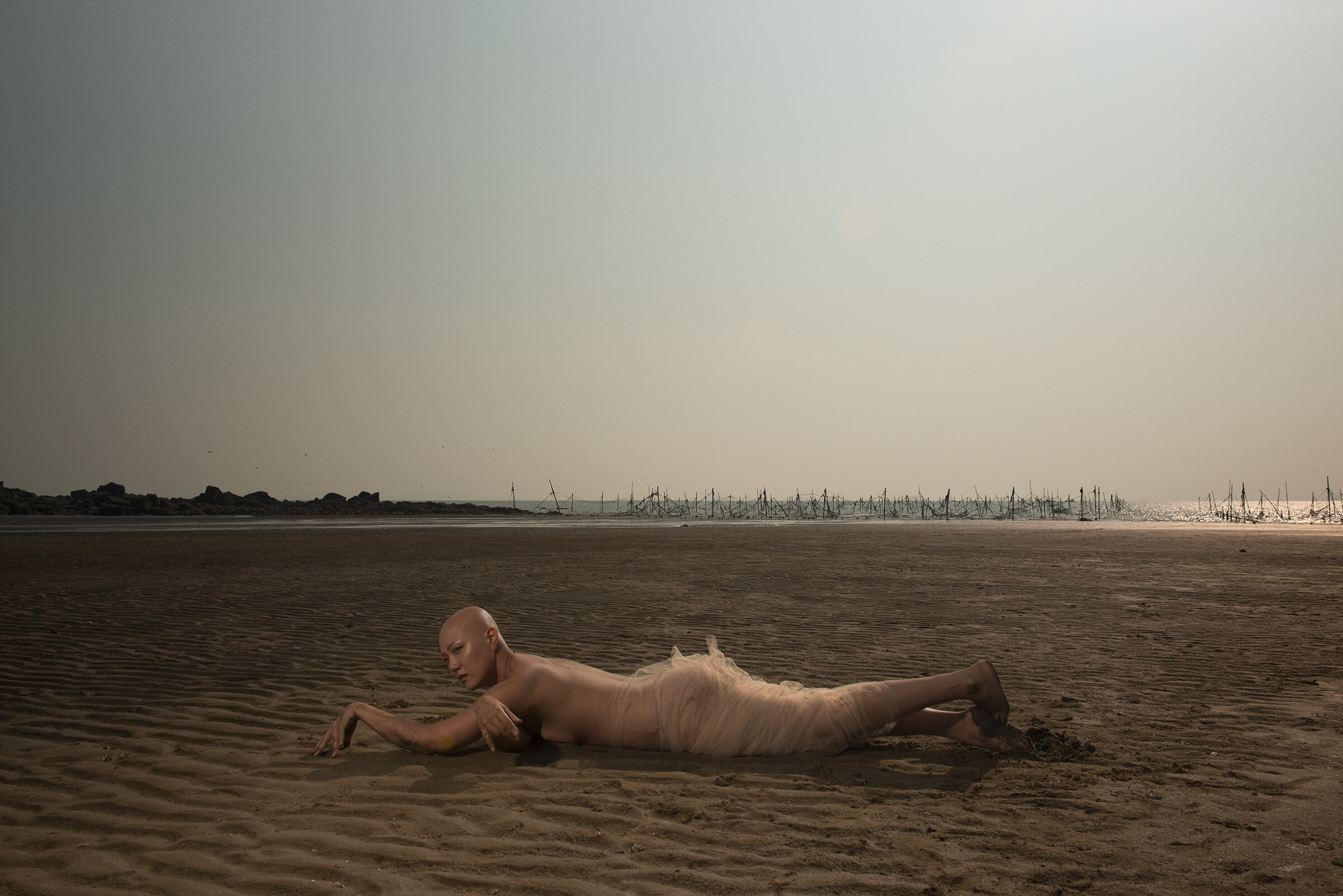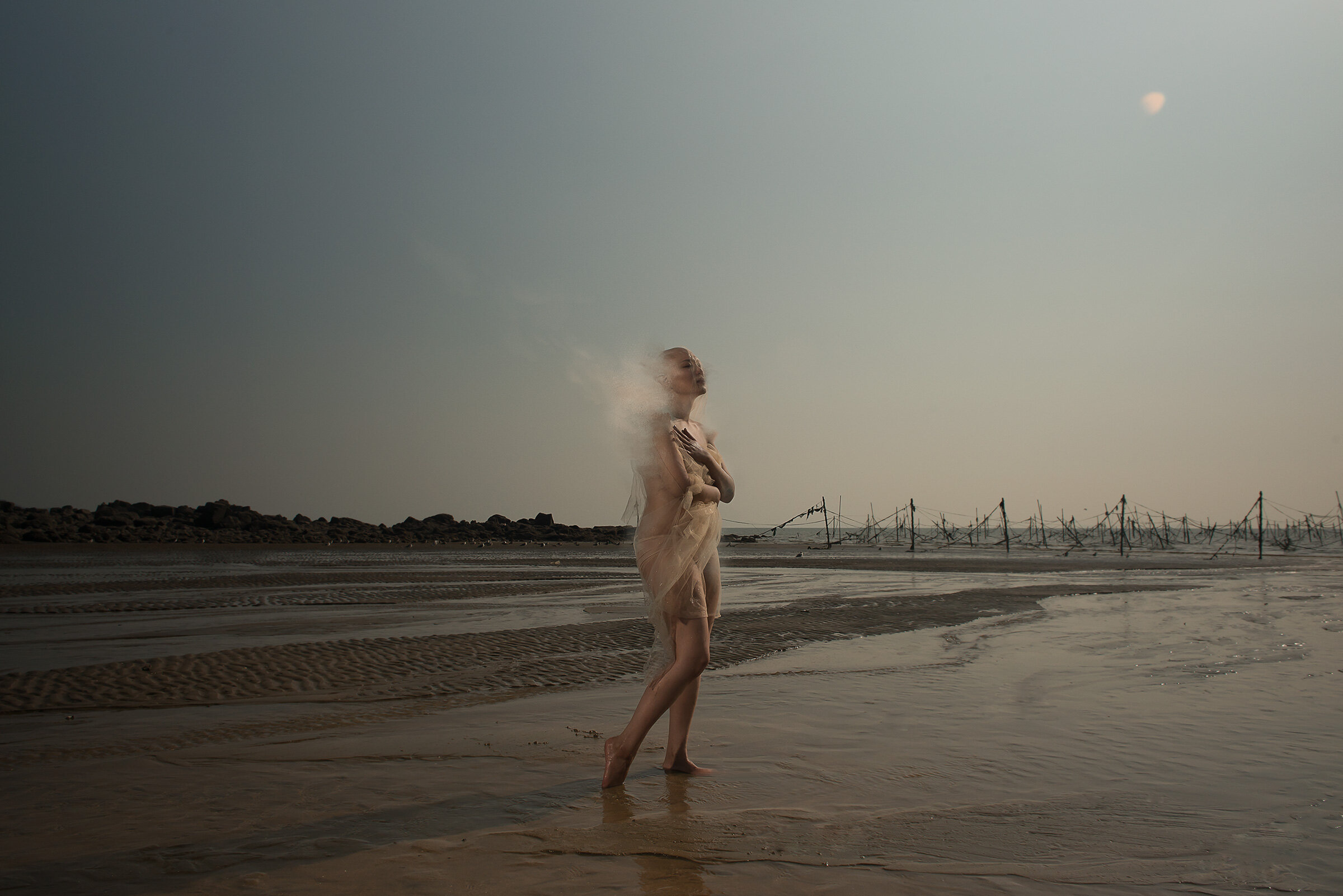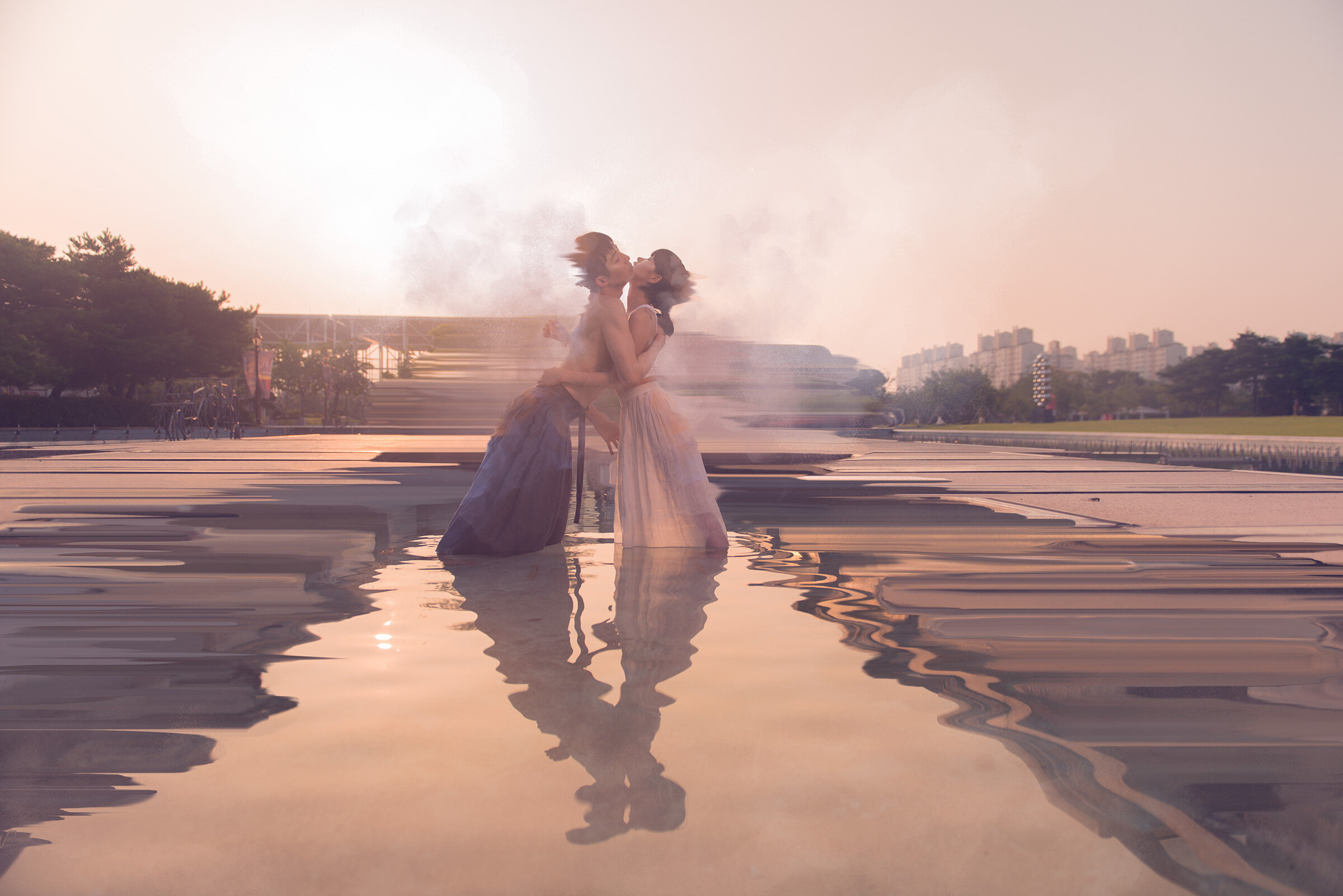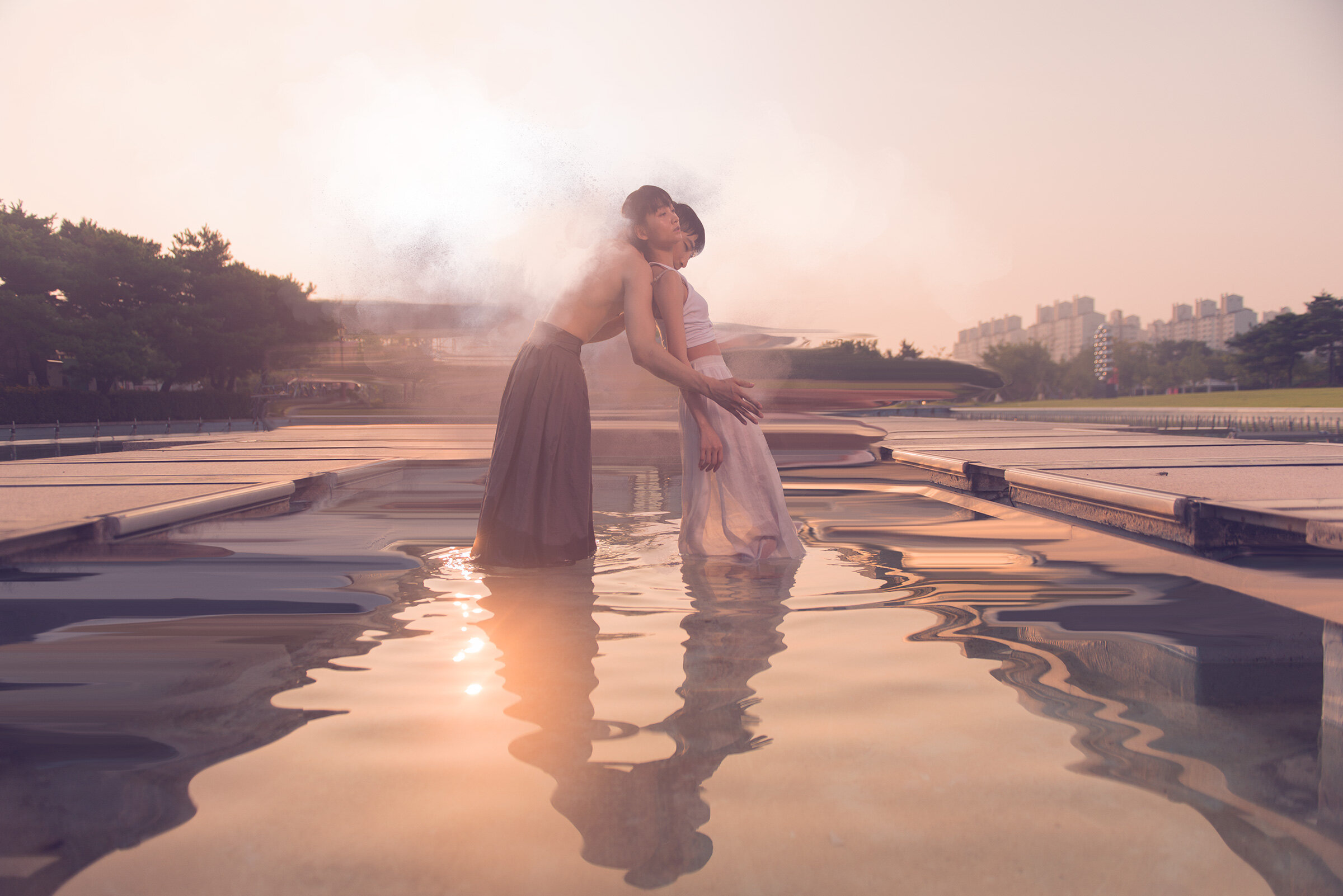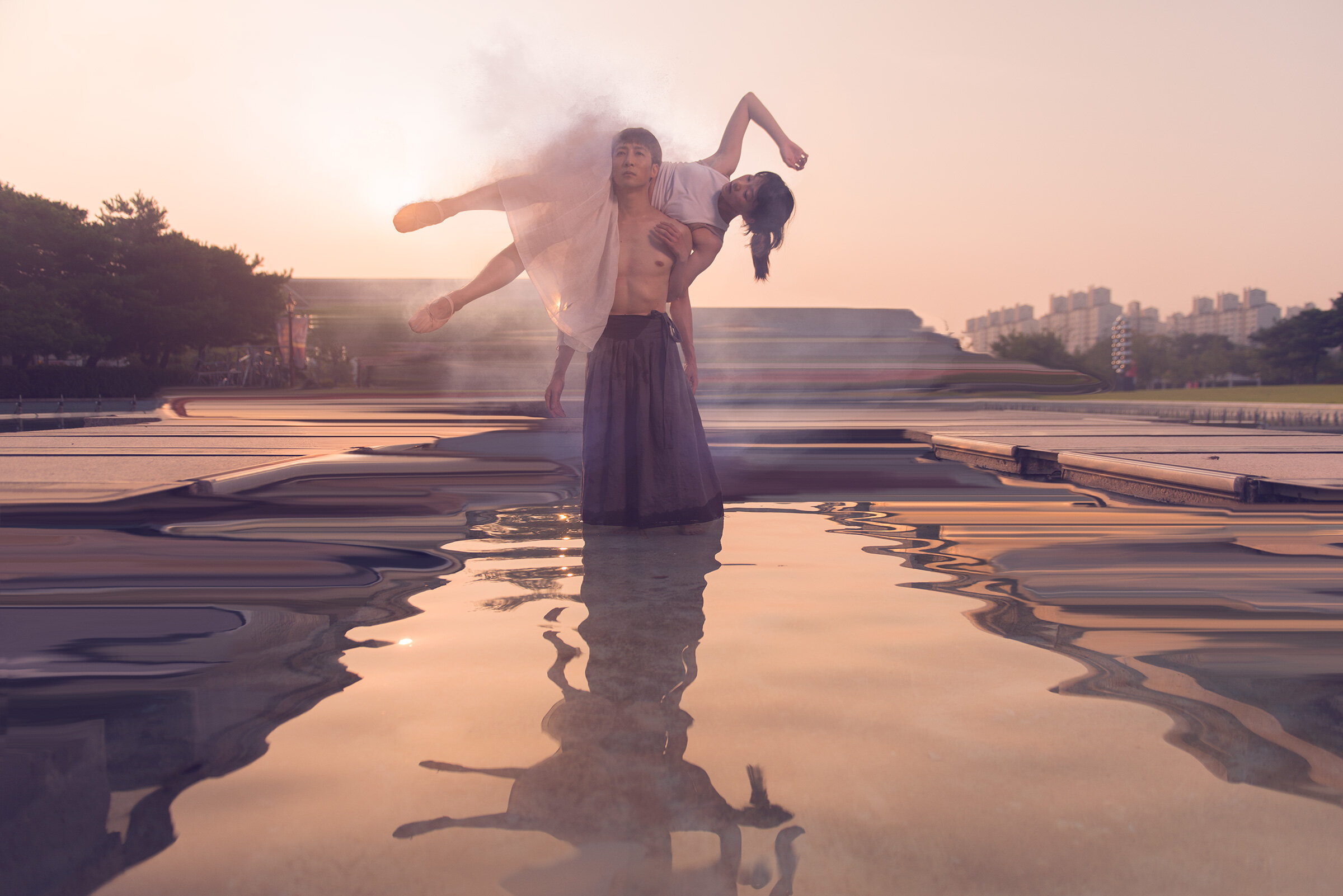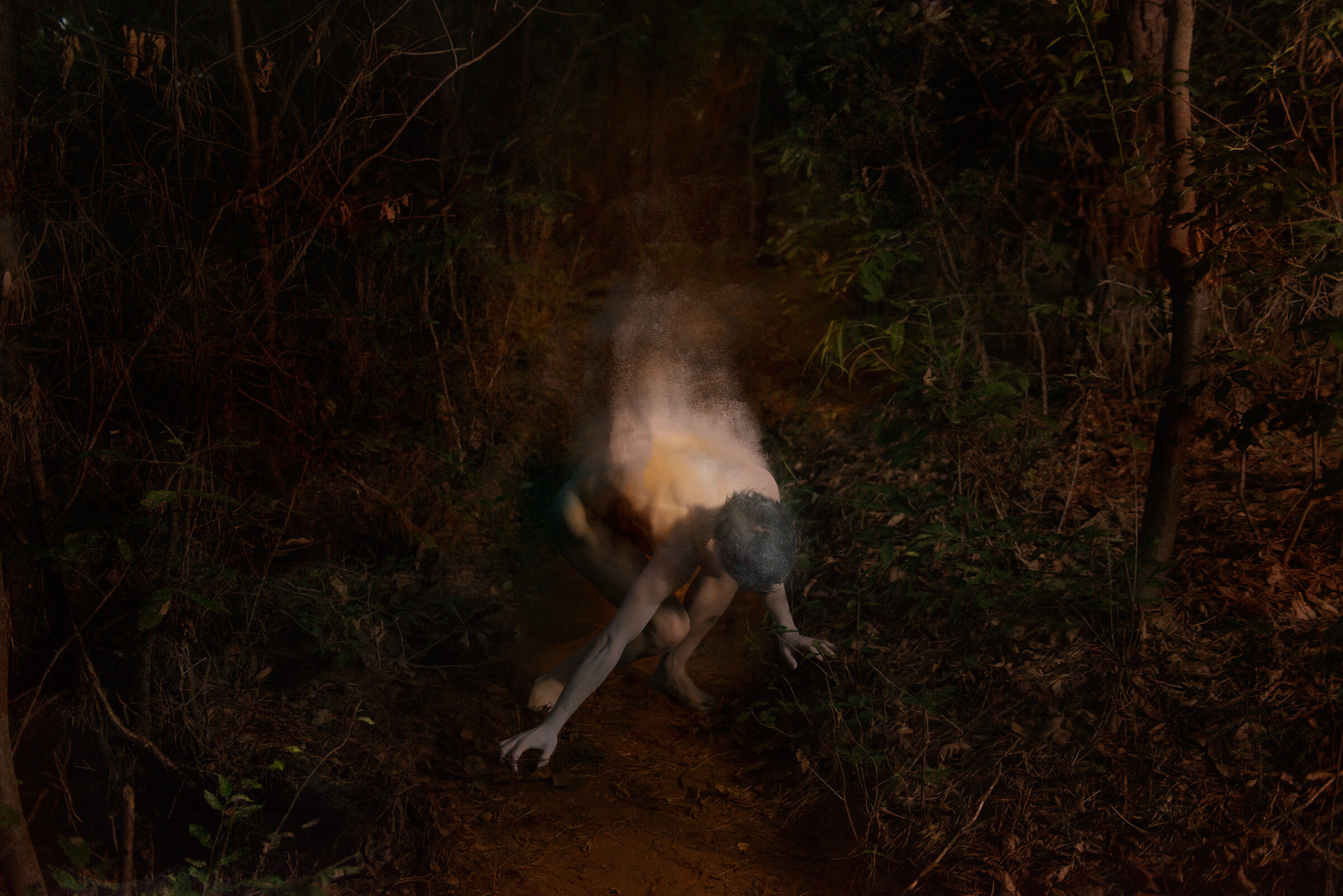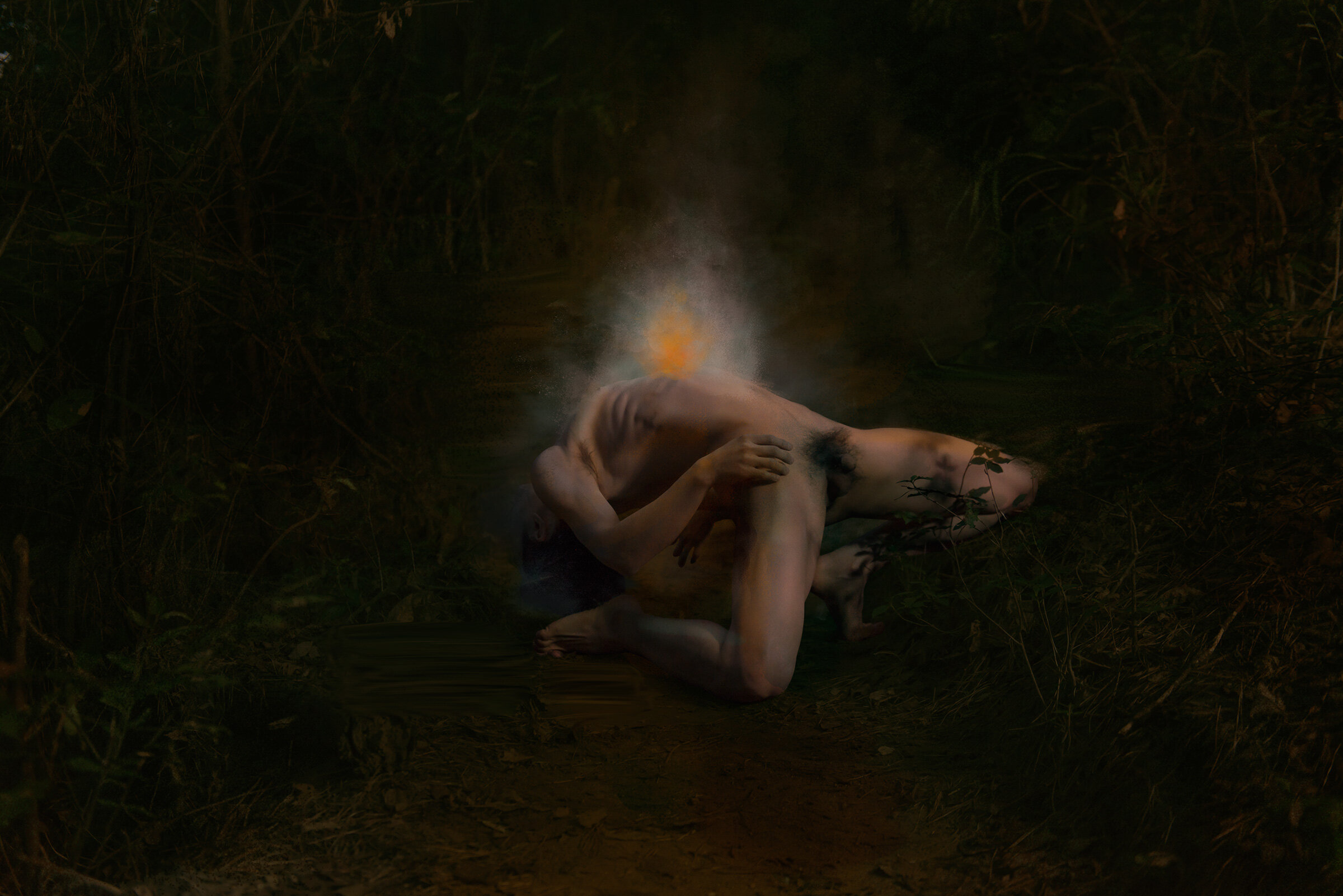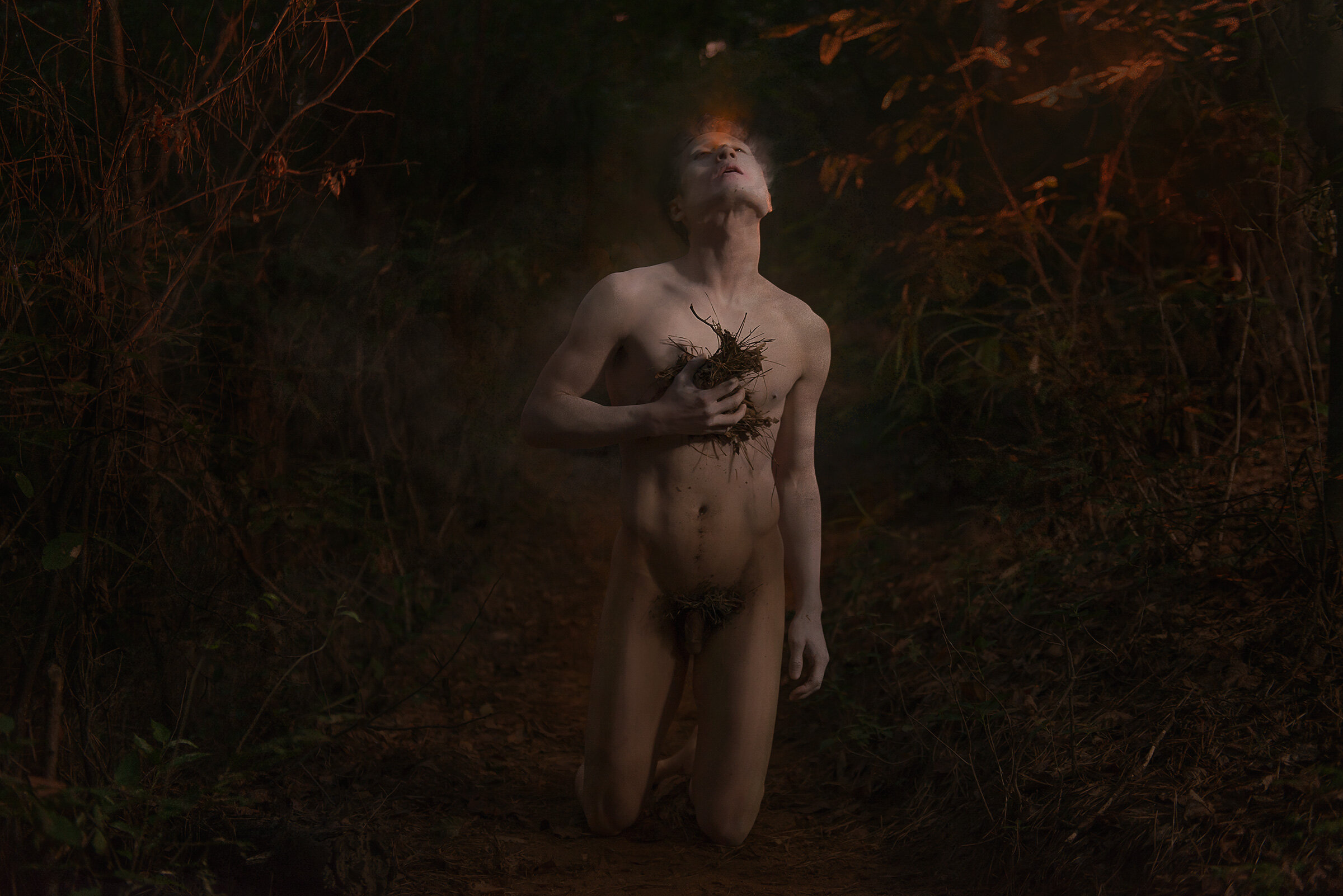SONGS OF THE INNER CHAMBER / NAEBANG KASA
Songs of the Inner Chamber was a fitting title for my project for many reasons. The most important perhaps is the empowerment of women through the arts and through activity and behaviour designed to be submissive but intelligently subverted.
Naebang Kasa, or Songs of the Inner Chamber, is a literary genre that takes its name from the strict separation of male and female in Korea during the Joseon Dynasty (1392-1897). Men could go as they pleased and occupied the outer realm while women were confined to the inner chambers. From imposed restraint and rich inner life, the power of poetry and literacy helped women express their grievances.
The poems are a trace of the oppression of women throughout Korea's history. In its name and in its own existence, it carries the weight of subjugation and inequality. I wanted to honour women's resilience by loosely using the idea of poetry and arts as a form of creation. Simply, I wanted to create my images as a visual poem. I hoped for the public to enjoy each visual the same way a poem is read—with bewilderment, beauty, intrigue, and confrontation all coexisting in one image.
Each of these series expresses the stories told by each of my beautiful collaborators intimately, each story anchored in Korean culture. Yet, they hold a mirror to the shortcomings of Western culture regarding equality, societal pressure, beauty standards, and the narrow ways we still construct or gender identities.
The song of Red
“I wanted to show that even if I was not a traditional Korean woman I was still a good woman.”
— A Reum Choi, The Song of Red (indirect quotation)
the song of freedom
“Yes, I knew it was just the undergarment that goes beneath the dress. I do not want to conform to the image of the traditional woman. It is a transgression, to break the framework of conformity. Korean culture is hidden, there are many things we do not want to talk about. I wanted to show, by this symbol, what is normally hidden”
— Kyong Sun Seo
the song of men
the song of beauty
“Her message is clear. She shows that even devoid of stereotypical feminine traits such as hair - a veritable symbol of femininity in many cultures - she feels no less womanly. ”
— Mariette Raina on The Song of Beauty
the song of war
the song of Love
The song of heavens
“…at one point I felt like nature, its strength and then its vulnerability. I’m not gay, yet sometimes I can feel like a woman. That day, I felt the feminine in me. “
—Jungmin Lee
The Song of Marriage
This project is dedicated with immense gratitude to the people that entrusted with their stories:
Kyong Sun Seo, A-Reum Choi, Jungmin Lee, Sabina Soojin (on this image), Sanghun Lee, Hyelim Kang, Sejin Yang, Haein Shin, Kim Jho Gwangsoo and Kim Seung-Hwan.


